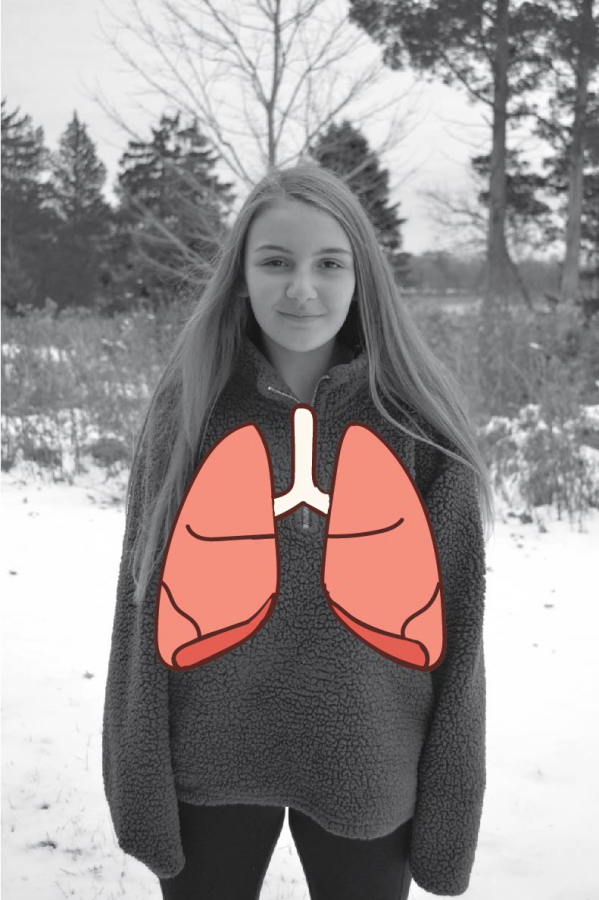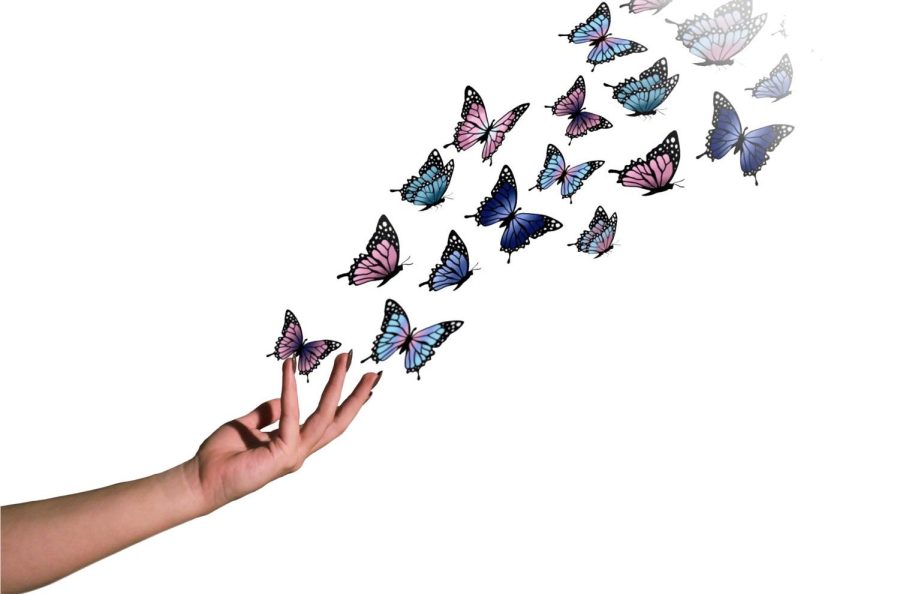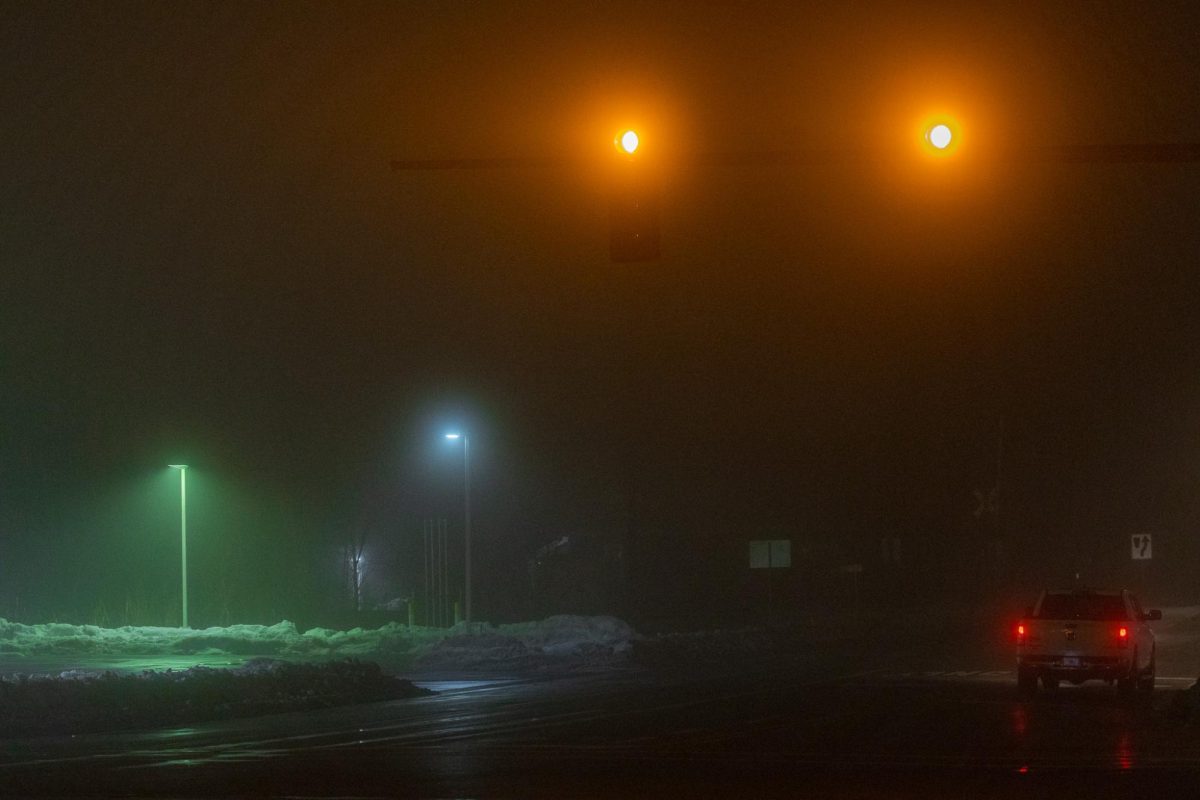Everyday has the potential to be the last. Death is inevitable, but for some the feeling of dying may not be a once-in-a-lifetime experience. A near-death experience comes with no advance warning. This sort of experience can happen to anyone, most likely affecting every moment of their lives that follow. Someone who has lived through what could have been their last breath of air may continue the rest of their life knowing that this is essentially their second chance.
Living life cautiously is not expected. In the blink of an eye the reality of life can be completely flipped around for someone. According to Psychology Today, when someone lives through a serious near-death experience they may wonder how they got so lucky and question their meaning or purpose in life. There is typically a new awareness for someone who has lived through a near-death experience, and with that comes an increased amount of self-esteem. After someone has survived a near-death experience, they may not fear death anymore.
Dominic Scornavocco had his heart stop multiple times for a span of 10-15 seconds. He was sent to Lurie Children’s Hospital because of his lightheadedness. After the incidents occurred he went through a lot of testing and studies, along with two surgeries.
“When [the lightheadedness] happened I’d feel dazed, go pale, black out and wake up dazed,” junior Scornavacco said. “It was really bad and I ended up flatlining. What followed was a lot of stress. There is nothing I can really do to [stop] it other than hope my body can control itself to not have another episode. I now look at life differently, realizing I can’t take it for granted because it can end in [an instance].”
According to the Daily Mail, in the moment of a death-like experience the feeling can be numb and even peaceful, seeing a bright light at the end of a dark tunnel realizing this may very well be someone’s last breath. There is an out-of-body experience that the body and mind go through in which the person perceives themselves leaving their body. Some may also feel that they were reunited with a dead relative.
Jack DeMartini suffered from a lacerated liver while playing football. In the moment he felt shocked and normal, feeling like he was able to finish the game. When in a near-death experience most don’t feel the pain or realize the seriousness of the situation.
“I was in a near-death experience two years ago when I lacerated my liver,” freshman DeMartini said. “The injury happened over several hits to my lower right ribs. In the moment I thought I just got the wind knocked out of me. My initial reaction was [that I was just going] to sit out for a few plays, then come back in and keep playing. After the game, my dad took me straight to the hospital, where I was housed for a week-and-a-half.”
When someone goes through a near-death experience it can be traumatizing. The feelings of the unawareness of their surroundings and reality of what is happening around them, paralyzing them in a sense may occur. According to The Science Explorer, survivors of a near-death experience react better in scary situations than those who have not gone through the same personal trauma. This sort of life-altering experience permanently changes the brain by tricking it into thinking metaphysical or spiritual experiences occurred when they almost died.
According to The Science Explorer, memories of near-death experiences are normally vivid. When scientists did a scan of plane crash survivors brains nine years after the incident, the results showed that the area of the brain related to memory, emotion and visual processing were active. The survivors of the near-death experience still had distinct memories of the event. Scientific evidence suggests that the experience of a near death event is not spiritual or metaphysical, but chemical. These moments are actually a function of oxygen being absent in the brain.
Bella Bussone almost drank a cup of bleach that she mistook for a glass of water. She reacted to the smell before she went to drink it because it smelled funny and put it down, preventing herself from possibly becoming seriously ill.
“My aunt cleans my house and she left a cup of bleach on my bedside table on accident in a clear cup,” sophomore Bella Bussone said. “I just figured it was water so I went to go drink the bleach because I was thirsty, but I hesitated. If I would have drank it I probably would have done something to my stomach and ended up in the hospital. It’s very surreal that one little mistake could lead to like something so severe.”
According to Medical News Today, the most common near-death experiences result from unintentional injuries caused by either car accidents or sports and the complication of an organ. Near-death experiences are more common than most people think. This sort of event can be just as disruptive to the survivor’s family as the physical real death of someone. The pain of someone dying is resolved when that person survives a near death experience.
“My grandpa used to work on roofs,” junior Ashlyn Sundell said. “One day he was working on the third or second story of a building and he was on a ladder and the ladder broke. He fell down all the stories of the building onto the concrete. He was in the hospital for months with two broken legs, a broken jaw and other injuries. I know my mom was really worried about it and obviously my grandma was, too.”
Once someone has lived through a near-death experience there is refound hope in life and a reconnection with the things or people they could have lost. These events are almost a check of reality and gives people a new awareness and appreciation for things they have and didn’t have before the event occurred.
Some who has lived through such an extreme experience may live the rest of their life feeling rediscovered. Near-death experiences are unpredictable and range in the extremity of effects they cause to someone’s brain and loved ones. Someone who has lived through a near-death experience will forever live their life knowing that they need to live in every moment because they have felt the feeling of death. That last breath of air is a feeling that is indescribable and different for everyone, but what determines whether a person lives such an extreme event is the one more breath of air and living life optimistic each day.









![The Black Lives Matter movement has become a growing trend in recent years. "Everything people post on Instagram and everything [related to] politics is a trend now" sophomore Kelsey Aviles said. Despite how serious of a topic it is, some individuals post about BLM specifically because it is trendy.](https://www.sequoitmedia.com/wp-content/uploads/2020/12/Untitled-Artwork-3-900x318.jpg)











